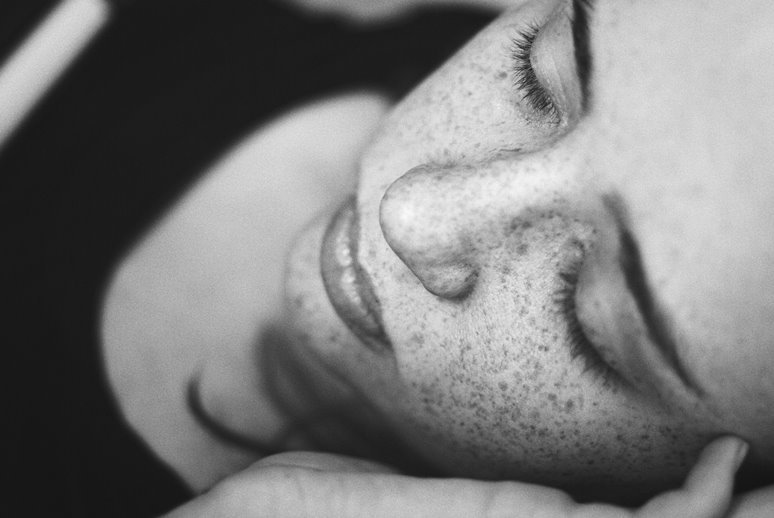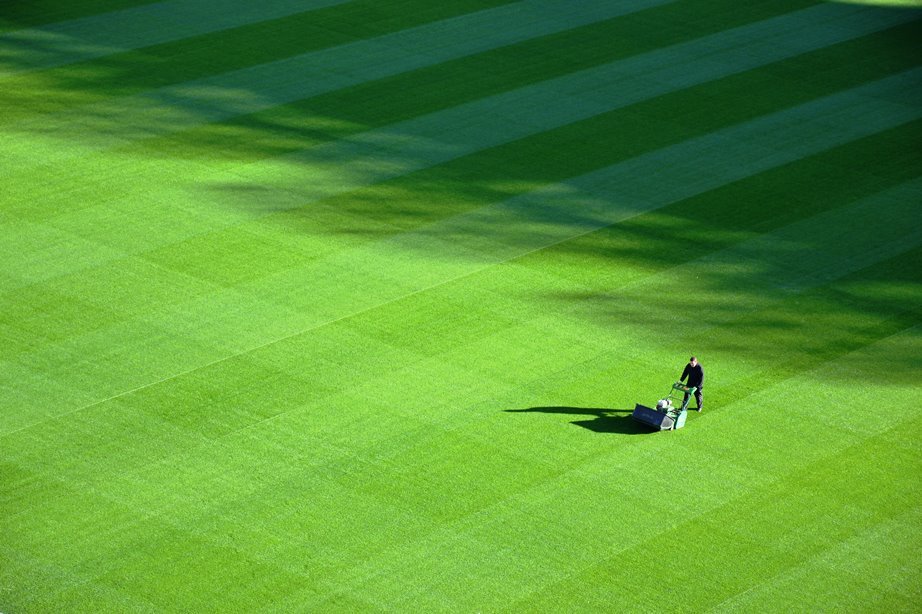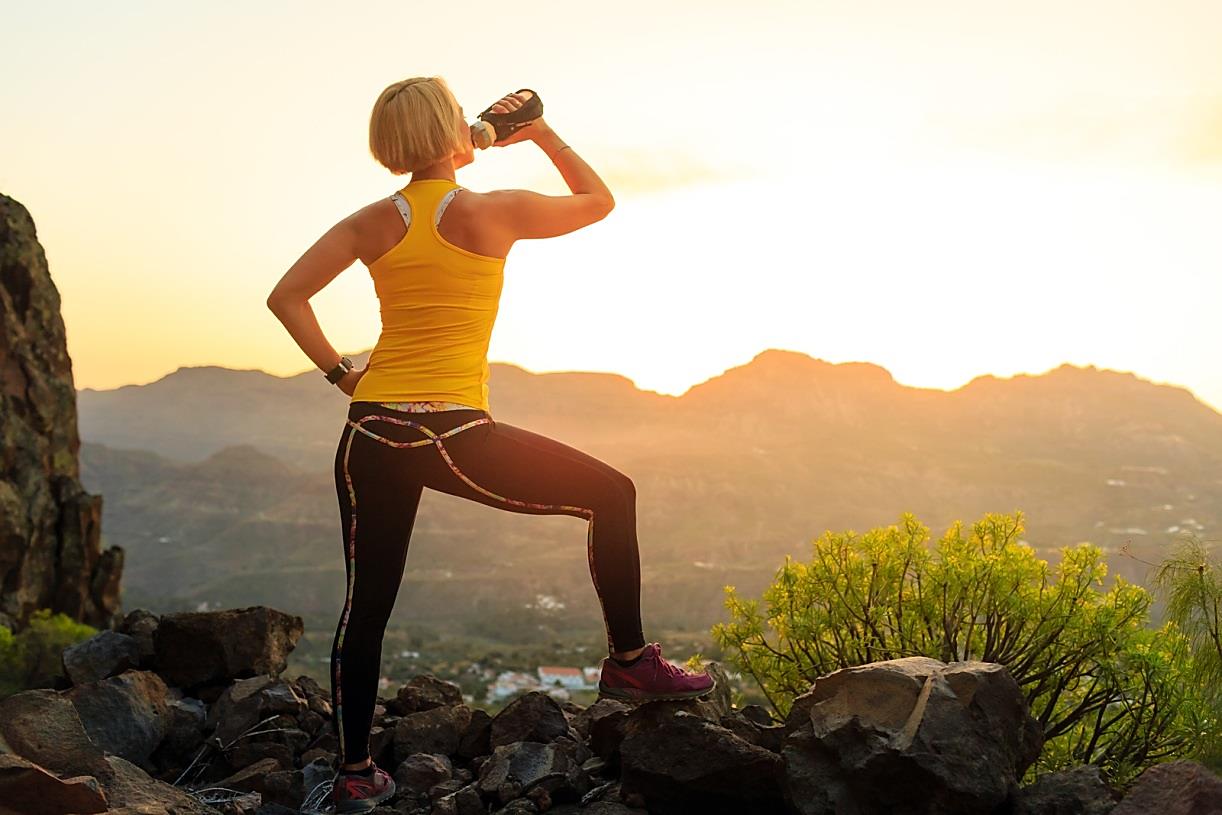
by Fern Shaw | Jun 6, 2019 | water cooler
It could, according to a new study. The research results indicate that it could be down to simply not having drunk enough water the day before.*
Reasons for sleepless nights vary and are often linked to underlying psychological issues, but the new study published in the journal SLEEP, involved more than 20,000 adults in the US and China, all of whom had their sleeping habits and urine samples analysed.
The authors concluded that the links between sleep quality and hydration are down to a hormone in the body called vasopressin.
“Vasopressin is released both more quickly and later on in the sleep cycle,” explains lead author Asher Rosinger, who is an assistant professor at Penn State.
“So, if you’re waking up earlier, you might miss that window in which more of the hormone is released, causing a disruption in the body’s hydration. If you are only getting six hours of sleep a night, it can affect your hydration status. This study suggests that if you’re not getting enough sleep, and you feel bad or tired the next day, drink extra water.”
Although maintaining proper hydration habits should be relatively simple, another survey, carried out on 2,000 people revealed that half of Britons have no idea how much water they should be drinking daily, while a third admitted they fail to keep themselves properly hydrated and don’t drink water unless it’s mixed with something else.
Although opinions vary on how much water should be drunk each day, it seems that increasing one’s water consumption can only help pave the way to a better night’s sleep.
Which is yet another reason to make sure you visit your water cooler regularly during the day, keeping yourself properly hydrated and well prepped for a good night’s rest.
*excerpts from an article in The Independent

by Belinda Ollewagen | Jun 3, 2019 | water cooler, water dispenser
We all know water is essential for our bodies to function and perform optimally, but we sometimes forget the exact ways in which water works its magic in each and every cell, each and ever day. As a reminder, courtesy of the European Hydration Institute, here are some of the remarkable benefits of good hydration and why you should make a point of stopping at the office water cooler more often.
Brain
Adequate hydration is important for proper functioning of the brain. When we are well hydrated, brain cells are better supplied with fresh, oxygen-laden blood, and the brain remains alert. Mild dehydration, a 1% to 2% loss in body weight, can impair the ability to concentrate. Loss of more than 2% body weight due to dehydration can affect the brain’s processing abilities and impair short-term memory.
Cells
Hydration in the body is important for transporting carbohydrates, vitamins, minerals and other important nutrients and oxygen to the cells. The cells then produce energy for the body to function. Furthermore, hydration facilitates disposal of the waste products of metabolism, enabling the right cellular chemical function.
Digestive Tract
Hydration plays an important role in the digestion of food and the absorption of nutrients from the digestive tract. Water is required to dissolve nutrients so that they may be absorbed into the bloodstream and delivered to the cells. Insufficient hydration will slow the digestive process and chronic poor hydration can lead to constipation.
Heart
Fluids are important for healthy heart function and the correct regulation of water balance is essential to keep blood pressure within the healthy range. Dehydration decreases cardiac output which may lead to increases in heart rate and a fall in blood pressure. The circulatory system delivers a constant supply of oxygen to the brain, muscles and to all other tissues.
Kidneys
An adequate water intake is essential to keep the kidneys working well, helping them to remove waste products and excess nutrients mainly via urine. The kidneys regulate the body’s water levels by increasing or decreasing the flow of urine. The kidneys also work to control normal levels of sodium and other electrolytes. A well-hydrated healthy person’s kidneys filter approximately 180 litres of water each day: clearly most of this has to be reabsorbed to prevent excessive losses from the body.
Temperature
The body water has an important role as a thermoregulator, regulating the overall body temperature by helping dissipate heat. If the body becomes too hot, water is lost through sweat and the evaporation of this sweat from the skin surface removes heat from the body. Sweating is the most effective way that the body prevents itself from overheating.
Muscles and Joints
Water acts as a lubricant for muscles and joints; it helps cushion joints and keeps muscles working properly. Muscles and joints, in addition to the bones, are necessary for us to stand, sit, move and carry out all daily activities. Approximately 70 to 75 percent of the muscle is made up of water. Maintaining the right water balance is essential for optimum muscle function.
Indisputable is that proper hydration is essential to the physiological well-being and subsequent performance of us all. By making regular trips to the water dispenser and by increasing our water intake we improve our general health and well-being, and at the end of the day, that trumps all else – as Mahatma Gandhi said ‘it is health that is real wealth and not pieces of gold and silver’.

by Belinda Ollewagen | Jun 3, 2019 | water dispenser
Our bodies use and lose water every day, and our ability to regulate that water balance is crucial to our existence. Water is lost through breathing; through urine and faeces excretion; and through perspiration and sweating – if we don’t replenish the water that is lost and right the balance, we would cease to exist, which is why it’s so important to constantly visit the office water dispenser and monitor how much we drink, both during the work day and topping up after hours. Many factors, including lifestyle and the environment, affect the level of water loss, but on average, the average sedentary adult in a mild environment will lose around 2.6 litres of water per day.
But here’s the interesting part, this amount increases as we grow older and our body’s natural trigger to replenish what we lose – thirst – also deteriorates with age. In a study about the physiological changes for those over 50, the importance of maintaining the correct water balance as we age is discussed:
During ageing, the decline in lean body mass is accompanied by a decrease in the water content of the organism. This decrease in water can be up to 4 L of total body water for men and 6 L for women (from the age 20 to 80) … In addition, the lack of sensation of thirst and the fact that people forget to drink due to reduced cognitive and visual functions at greater age can induce total water imbalance … A poor supply of water is associated with infections, decreased endurance, a risk of heat exhaustion, mental confusion, lassitude, muscular weakness or even death. Notably, a reduced water supply negatively influences the electrolyte balance leading to cardiovascular and hypertension disturbances as well as impaired kidney performance.
The fact that more water is lost and that the body’s natural thirst trigger deteriorates after the age of 50, is particularly pertinent when one considers that the employment of workers over the age of 50 has grown significantly over the past decades – the employment rate for people aged 50 to 64 has grown from 55.4% to 69.6% over the past 30 years.
While ensuring we remain properly hydrated during the day is important for everyone, it is particularly important as we grow older, so if your office needs a better water solution that’s tailored to your specific water requirements, then give AquAid a call on 0800 772 3003 – exceptional service and premium water dispensers at affordable prices.
Sources
Nature – International Journal of Science (https://www.nature.com/articles/1601895)
Springer Link (https://link.springer.com/article/10.1007/s11556-010-0058-5)
Department for Work and Pensions (https://assets.publishing.service.gov.uk/government/uploads/system/uploads/attachment_data/file/568240/employment-stats-workers-aged-50-and-over-1984-2015.pdf)

by Fern Shaw | Apr 15, 2019 | water cooler, water cooler
If this image starts your nose itching instead of being able to simply admire the precision mowed grass, it’s quite likely you’re one of an estimated 10 million people in the UK who suffers with hay fever.
With spring already here (officially arriving in the UK on 20 March) it usually brings with it a soaring pollen count.
There are 3 pollen seasons in the UK and each has a different source: tree pollen, released during spring; grass pollen, released during the end of spring and beginning of summer and weed pollen, released late autumn.
Hay fever (or seasonal allergic rhinitis), occurs when your body makes the mistake of treating the tree pollen, or pollen from shrubs, as a harmful organism, and the immune system goes into action by making antibodies to try to prevent it spreading. This can trigger a runny nose, itchy watery eyes and coughing, sneezing and sniffling – common allergy symptoms.
How can drinking water possibly help reduce my hay fever?
Usually the first thing a hay fever sufferer does is reach for the anti-histamines, which makes sense, however, as your body has gone into overdrive producing a ‘liquid’ reaction – runny nose, watery eyes, constant sniffling and sneezing – you can dehydrate through this additional loss of fluid. This coupled with the fact that anti-histamines tend to dry you up which can also lead to your dehydrating at a faster than usual speed. That’s the one aspect to consider.
The other aspect is that according to some studies, a lack of water causes you to produce more histamine, a protein that regulates water in the body and stimulates your thirst response. Histamine also plays a role in the body’s response to pollen. When you breathe in pollen, your body releases histamine, which is a main cause of allergy symptoms. Ergo, If you’re thirsty, you have more histamine being released which may make your symptoms stronger and last longer.
There is also information gleaned from a 2013 study found that dehydrated individuals produced less allergy-blocking antibodies. With less of these antibodies, your body releases more histamine. Both of these contribute to more frequent and more intense allergy outbursts.
There’s more than one win here though – if you maintain good hydration habits, with frequent water refills from your water cooler in your workplace, as well as ensuring you carry drinking water with you when you’re out and about, not only will your general well-being increase but you may also be able to easier reduce your allergic reaction during the pollen seasons every year.

by Fern Shaw | Apr 5, 2019 | Water, water cooler, Water Coolers
Keeping oneself hydration fit is vitally important, irrespective of what season it is.
We all intend to do the right thing when it comes to keeping fit, but the demands of day-to-day life can tend to trip us up despite our best intentions. Here, at AquAid Water Coolers we always want to help where we can to ensure that at the very least, you keep yourself well hydrated throughout your day, no matter your schedule.
If you’ve launched into a great keep fit regime this spring, here’s a bit of info that may help you on your get fit and keep hydrated journey:
Recognising dehydration
- A large percentage of the UK population are chronically dehydrated. Can you remember when last you drank more than a glass of water a day? Keep in mind that the average adult should be drinking a minimum of eight glasses of water per day.
- Dehydration occurs when more fluid leaves your body than is taken in. Symptoms include: fatigue, irritability, headaches and nausea.
- Dehydration also slows your metabolism, which hinders your ability to exercise as well as the ability to lose weight.
Maintaining a balance
Applying the logic to avoid reaching the stage where you’re dehydrated is quite straight-forward – you need to maintain a water balance. There are many factors to consider on how much water you’re losing, especially when you’re being active: age, gender, health, body mass, environmental conditions and physical activity all play a role.
Once you have a better idea of about how much water you lose in an active day vs. how much water you should be drinking it’s time to:
Get moving
Even if you feel sluggish and low in energy, make the effort to do 20-30 minutes exercise daily. If you’re not that keen to participate in organised activities, a brisk walk around the block will be enough to energise you and reduce fatigue.
Sleep well
Make sure you get enough sleep. Depending on your daily schedule and work hours, try to go to bed at the same time, do not eat or drink caffeine before going to bed and move the telly out of the bedroom.
Eat well
There are innumerable eating and weight loss plans and these can often hinder rather than help.
Whatever food plan you decide upon, again logic dictates: in order to function, your body needs fuel, so try to ensure that your food fuel consists of a balanced diet.
If you’re prone to the ‘quick fix’ when eating, which usually consist of processed and sugar rich food and drinks, the good news is if you step up and start drinking enough water to keep yourself hydrated, you will feel fuller and the temptation to sate your appetite as quickly as possible, will lessen.
Make use of your water cooler!
As you begin your happy and healthy get fit plan, having a water cooler wherever you are at work could honestly not make drinking water easier for you. There’s also the added advantage of you being able to get through your work day more easily as studies have proven that taking even a five minute break to stretch out and walk to replenish your water makes a significant difference on your performance and well-being.
updated from a 17 March 2017 blog





